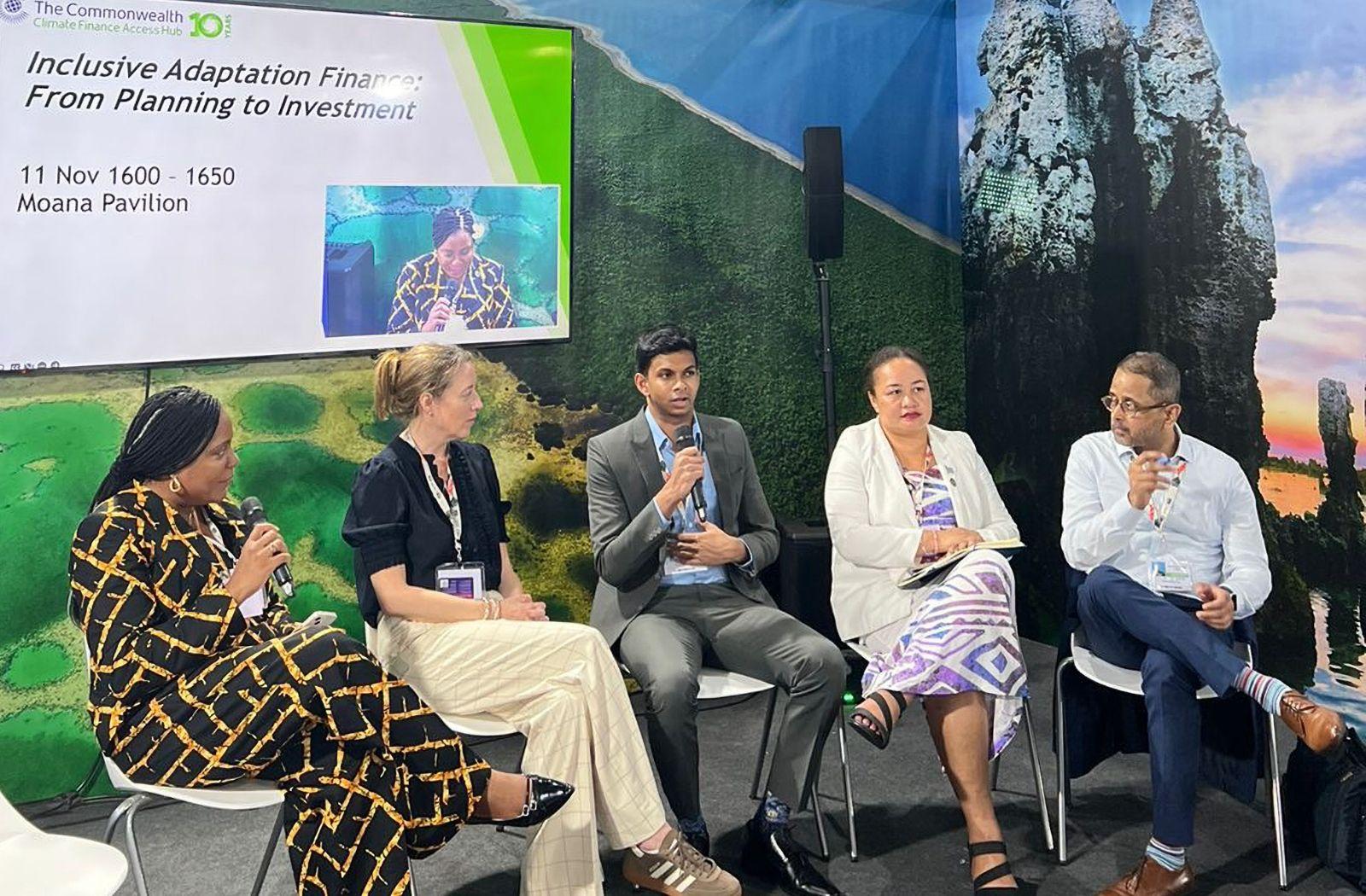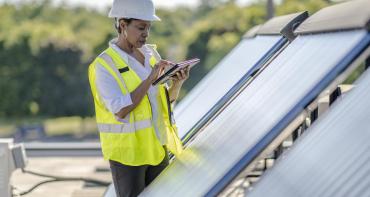As COP30 in Belém, Brazil, wound down, the Commonwealth Youth Climate Change Network (CYCN) demonstrated that young people are not passive observers, but active drivers of policy innovation, justice, and climate ambition. In their statement to COP30, they called upon Commonwealth member countries to not only mainstream youth participation in national climate governance but also equip young people with the skills needed for climate negotiations at international forums.

As every year, young people from across the 56 Commonwealth member states delivered a unified COP30 Commonwealth Youth Statement for the United Nations Climate Change Conference of the Parties.
Preamble and core vision
In their statement, Commonwealth youth recognised the accelerating climate crisis as a threat to their survival, dignity, and shared values. Home to 1.5 billion young people under the age of 30, the Commonwealth is uniquely vulnerable, from Small Island Developing States (SIDS) facing rising seas to rural communities confronting drought, food insecurity, and biodiversity loss. They also emphasised that climate change is not only an environmental issue but a profound challenge to equality, peace, and intergenerational justice.
Collectively, they called for solutions that are innovative, inclusive, grounded in indigenous and local knowledge, and aligned with the Paris Agreement, Commonwealth Charter, Commonwealth Living Lands Charter, Commonwealth Blue Charter, and the 2030 Agenda for Sustainable Development.
Akash Khan, Assistant Lead (Membership), Commonwealth Youth Climate Change Network, said:
“The biggest climate concern is the escalating impacts of the crisis from extreme weather events to climate-induced disasters, especially on loss and damage while a just transition remains too slow. At COP30, young people pushed hard for a stronger Gender Action Plan, real commitments on loss and damage and a truly just transition for all.”
Commonwealth youth put forward several high-level demands, including:
- Institutionalised youth participation in climate governance
- Scaled-up climate education and capacity building
- Sustainable finance and support for youth-led initiatives
- Stronger pathways for youth inclusion in climate negotiations
Thematic areas and key suggestions from Commonwealth youth
The young people representing their governments, academic institutions, organisations and sectors within the climate change space proposed solutions in this year’s statement, grounded in possibilities and implementable applications.
Khadija Naeem, Secretary-General, Commonwealth Asia Youth Alliance, said:
“It remains a challenge that there is an imbalance in representation of stakeholders which dilutes the voices of those most affected. Young people bring the ground-up perspective and the urgency coupled with innovation.”
To deliver on intergenerational equality and indigenous and locally led action, they proposed locally led adaptation, and youth quotas in all climate delegations. They also recommended that intergenerational dialogue platforms are centred around justice, cultural heritage, and peace.
They emphasised the importance of direct allocations of climate finance for youth-led initiatives, enterprises and organisations and notably, they called for a youth response window within the Loss and Damage Fund.
And they advocated for community-based adaptation, nature-based solutions, and just transition roadmaps, and accelerating grants and skill building for youth in renewable energy, agriculture, and water security by 2030.
Key proposals include investment in AI early-warning systems co-managed by youth, support for youth-led ocean innovations, decarbonisation of transport fleets, and regional open-data platforms respecting data sovereignty.
Download the full statement: COP30 Commonwealth Youth Statement
Learn more about the Commonwealth at COP30
Media contact
-
Suné Kitshoff Senior Communications Officer, Communications Division, Commonwealth Secretariat
- M: +44 7740 450 901 | E-mail



